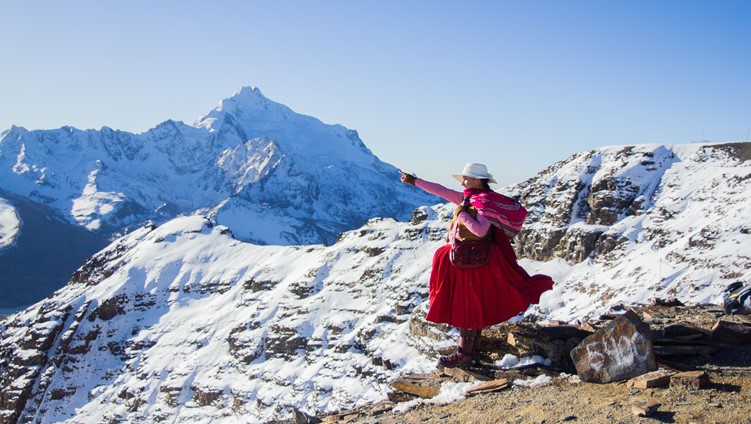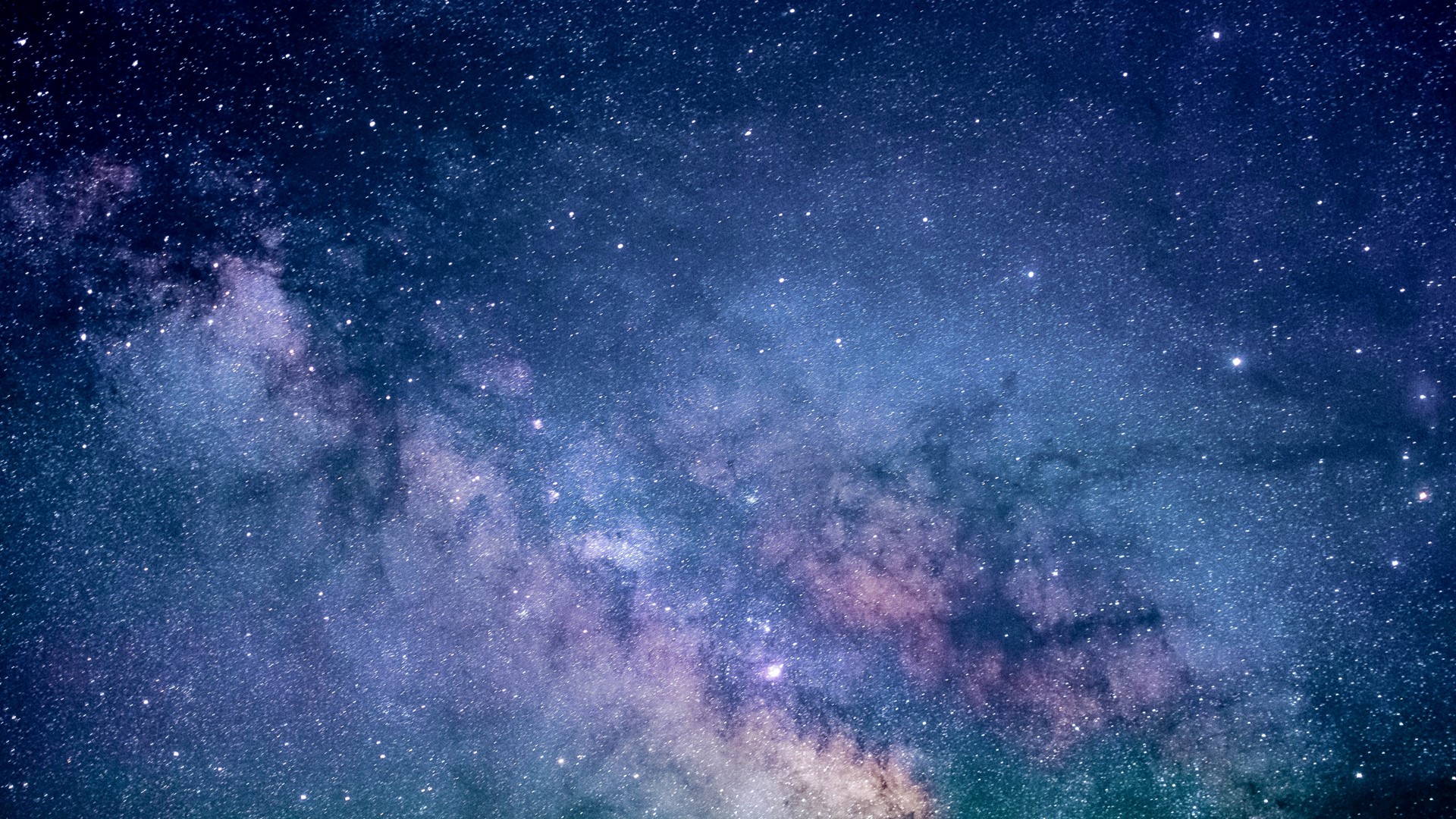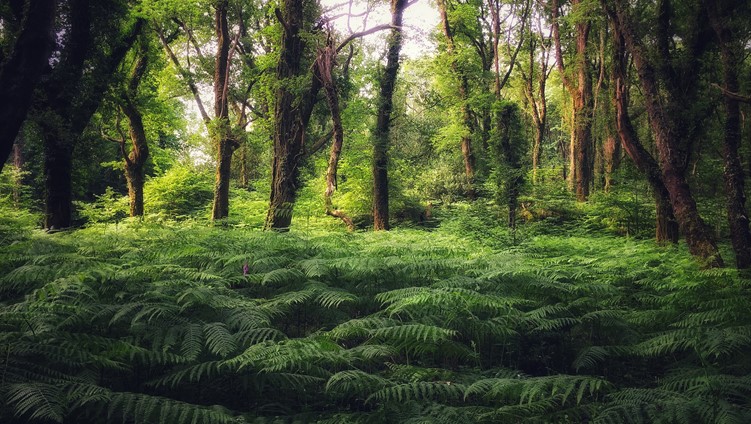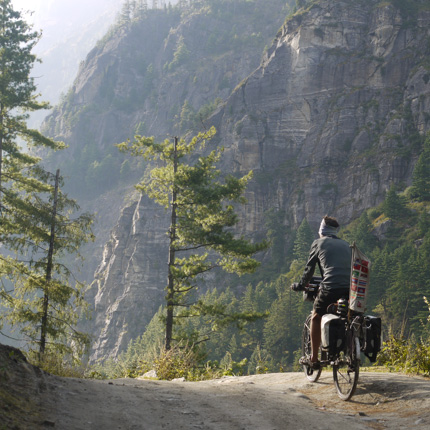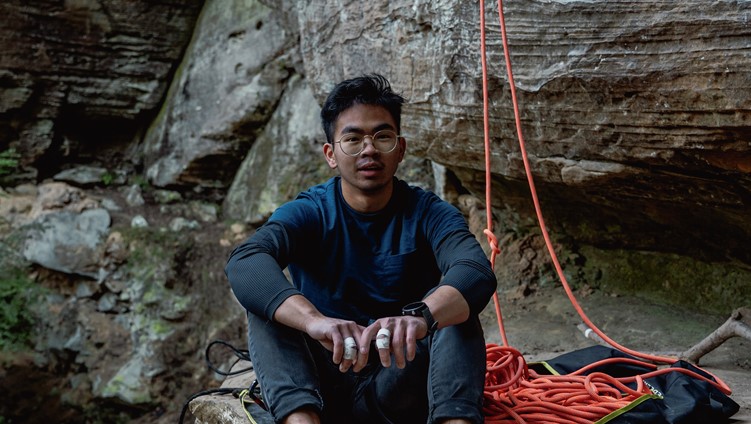
Dr. Sheila Kanani is a British astronomer and the Education, Outreach and Diversity Officer at the Royal Astronomical Society. She has presented programmes for the BBC, and is dedicated to improving the representation of girls and women in physics and identifying new ways to take astronomy and physics to underrepresented communities. Her children's book, How To Be An Astronaut and Other Space Jobs, written with illustrator and graphic designer Sol Linero, was published in 2019 by Nosy Crow and was shortlisted for the Blue Peter Book Award. You learn more from her website or on Twitter.
Do you consider astronomy adventurous? If so, in what sense?
Astronomy is so adventurous! It reminds me of the ancient explorers visiting new worlds by sea. We're exploring new worlds but via satellites and spacecraft, venturing into uncharted territories, going to places we've never been before. Nothing is more adventurous than that! Of course, the human element of astronomy is just as adventurous. From astronauts to astronomers, you need a sense of adventure to be in the space industry. This could be as 'simple' as going on a stargazing adventure, camping out in the countryside to watch meteor showers or travelling to the other side of the planet to use a telescope in Chile or Hawaii.
Why do you think astronomy is important?
Astronomy is important because it tells us about the past, present and future of the human race. Why are we here on Earth? Where did we come from? What will we do if we have to leave Earth? What else is out there? It affects everyone, and impacts everyone. We all live under the same sky, and we all look up at the same stars, so astronomy is important because it is unifying.
Do you think there is a danger that astronomy could contribute to negative ends?
I think commercial space programmes could be dangerous if they aren't monitored or don't adhere to the same rules and regulations as government space agencies have to. There is the risk and safety of the humans involved, but also things like adhering to planetary protection and those types of things. I do worry about the colonisation of space - who owns space? What if a billionaire decides to go and mine Titan for the hydrocarbons? What if we junk up space like we have done our own planet? I also worry about light pollution. For example, many satellites are now orbiting the Earth, and these are affecting astronomical observations and imaging.
'We're exploring new worlds but via satellites and spacecraft, venturing into uncharted territories, going to places we've never been before. Nothing is more adventurous than that!'
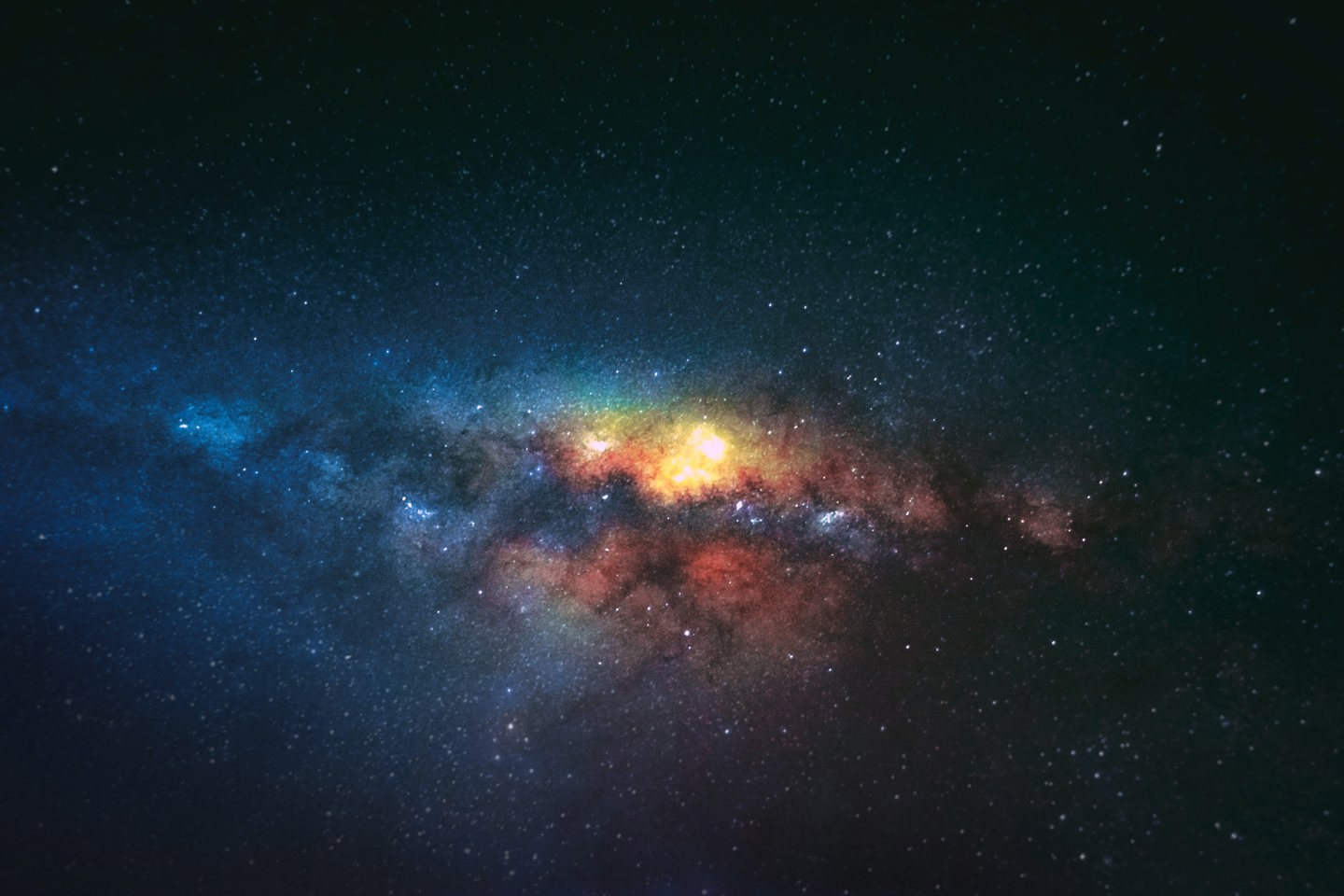
Photo by Cerqueira, Unsplash
Are there core 'big questions' or themes currently driving astronomical research?
The funders drive astronomical research and the questions and themes, but they are what you expect. How did the Universe begin and how is it evolving? How do stars and planetary systems develop and how do they support the existence of life? What are the basic constituents of matter and how do they interact?
Is there anything particularly fascinating and/or important you’ve learned through astronomy that you wish more people knew?
I think everything about astronomy is fascinating, from the 'mundane' like why our sky is blue to the deep questions about the birth and death of the universe and the idea that there could be multiple universes out there! During my research I was using instruments on the Cassini spacecraft to learn more about the Saturn system: the planet, its rings and its moons. This was really fascinating.
Because of Cassini, we've basically had to rewrite the textbooks about Saturn. Did you know that there is a moon of Saturn called Enceladus, which has a salty water ocean underneath its ice crust? And in that water there are chemicals like carbon, nitrogen and ammonia, and other building blocks for life. So, if there was the possibility of microbial life existing outside our planet, Enceladus is where I reckon it would be: tiny bugs swimming about in that salty water ocean!
If you could travel 100 years into the future, what advances in astronomy/space exploration do you hope and think you’d see?
I'd love to see humans living on another planet or moon, but in a civilised way that didn't include polluting somewhere else like we've done so on Earth. I'd also love to know whether or not we were alone - and if there was alien life, maybe we could all work together in harmony!
'If there was the possibility of microbial life existing outside our planet, Enceladus is where I reckon it would be: tiny bugs swimming about in that salty water ocean!'
Where can people new to astronomy learn more about the Royal Astronomical Society and astronomy generally?
Our website has loads of information, from resources for schools and teachers to a calendar of events. During the pandemic we've been doing most of our outreach work online, so no matter where you are in the world you can connect with us!
Keep exploring

